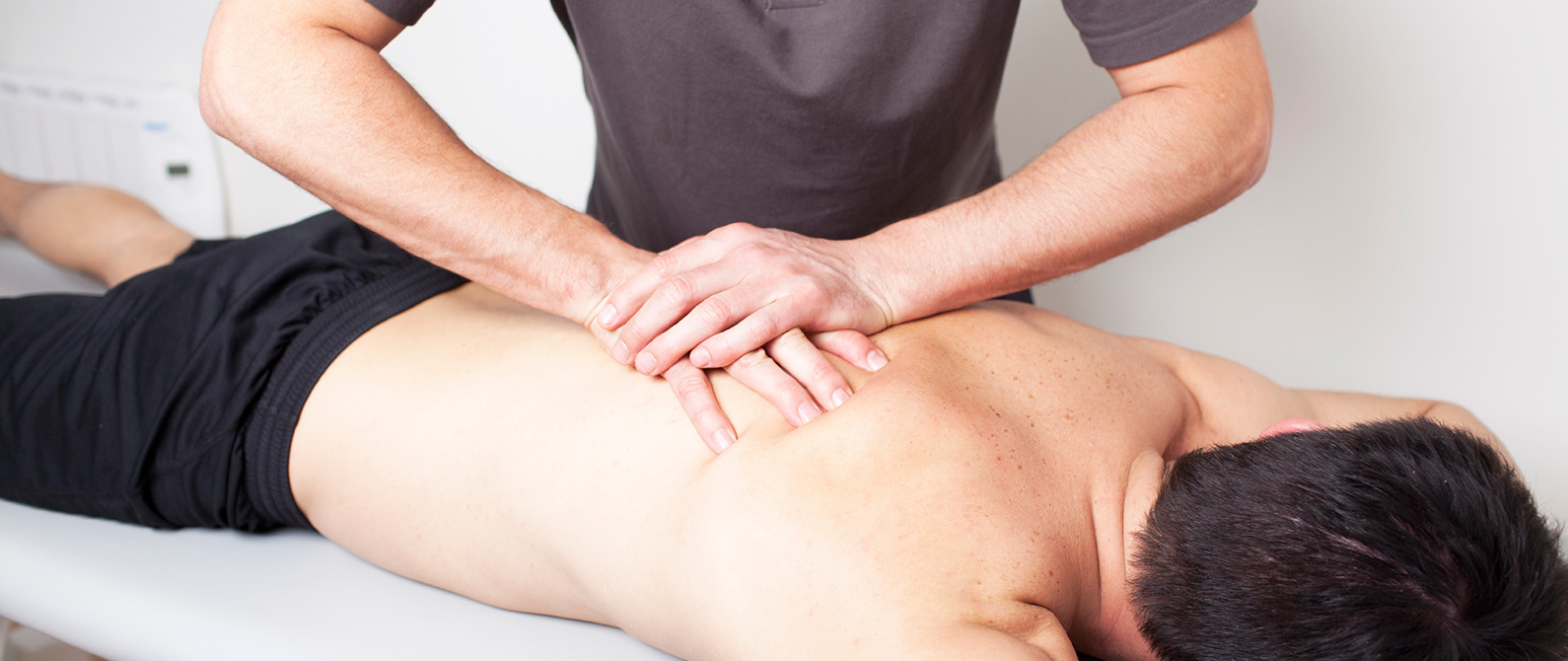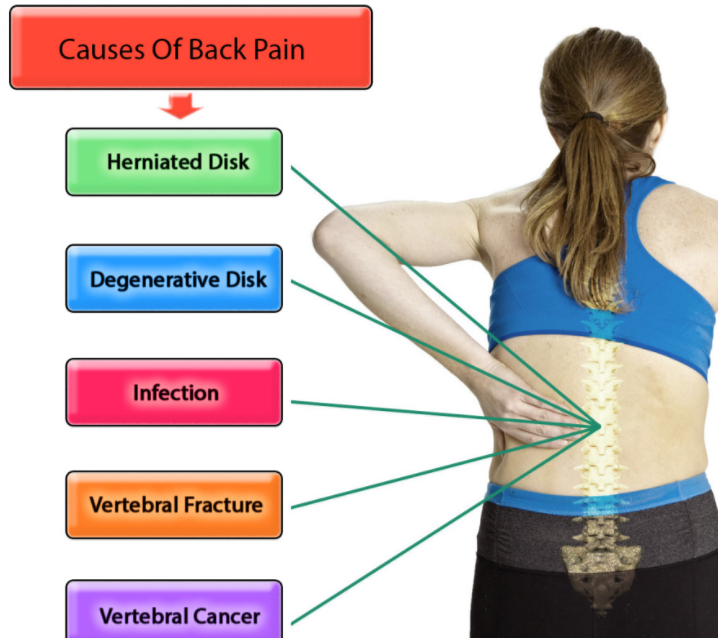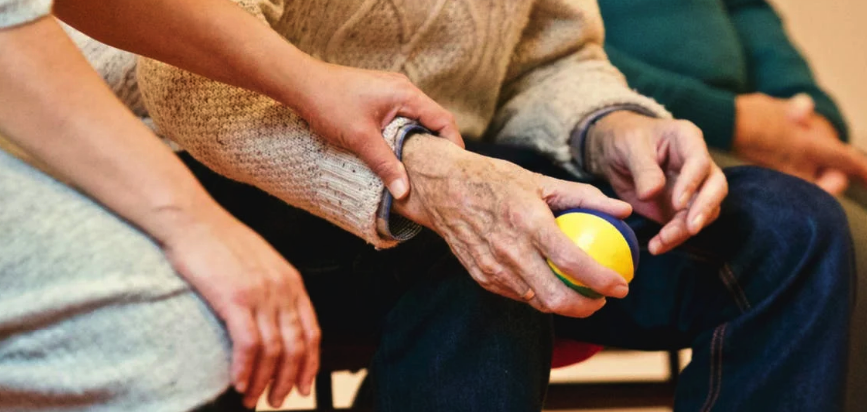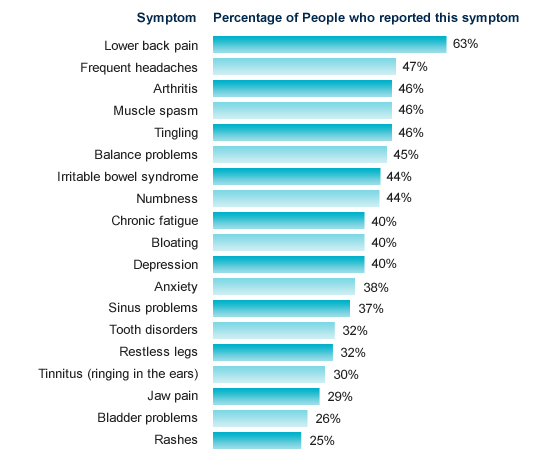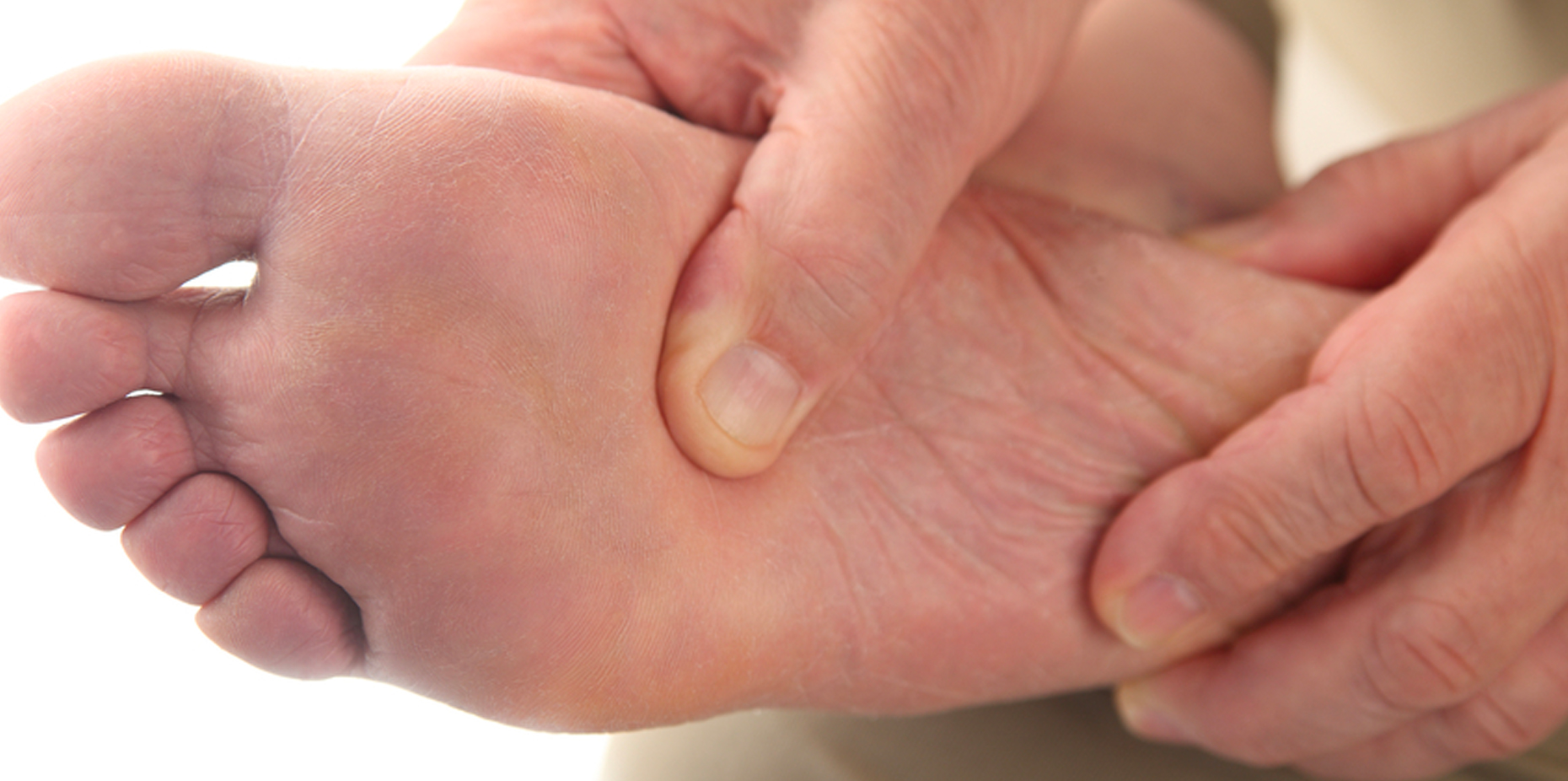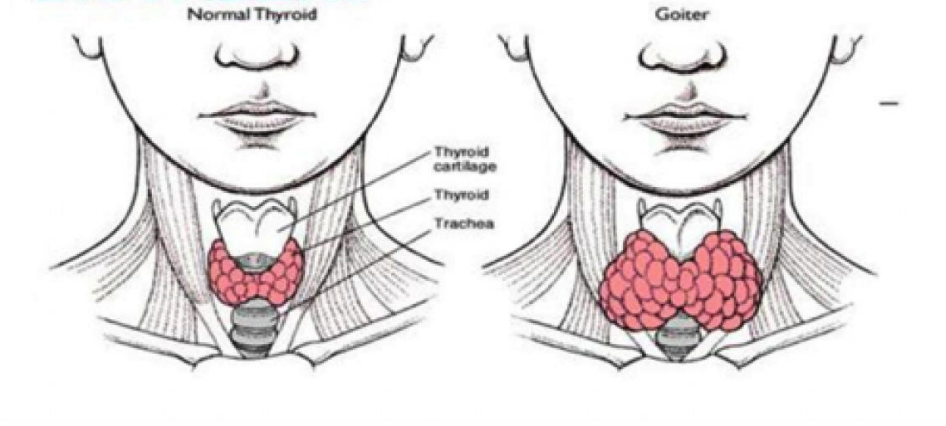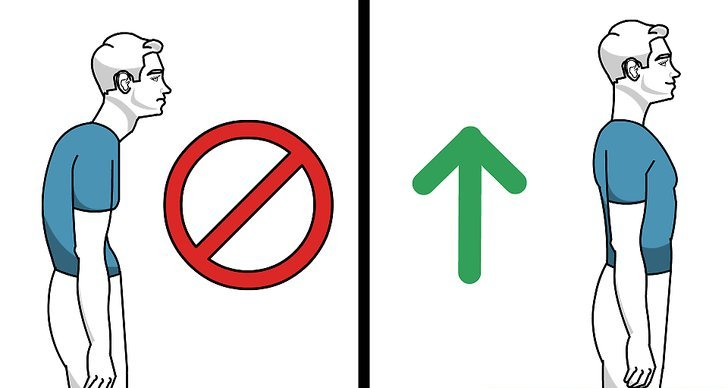People often suffer from pain in their back. There is rarely a person that does not experience some type of back pain at some point in their lifetime.
Often times, back pain symptoms are quite typical and include tension, stiffness, and soreness, among others. However, causes of back pain can also lead to symptoms felt in other areas of the body, including the thighs, buttocks, shoulders, and neck.
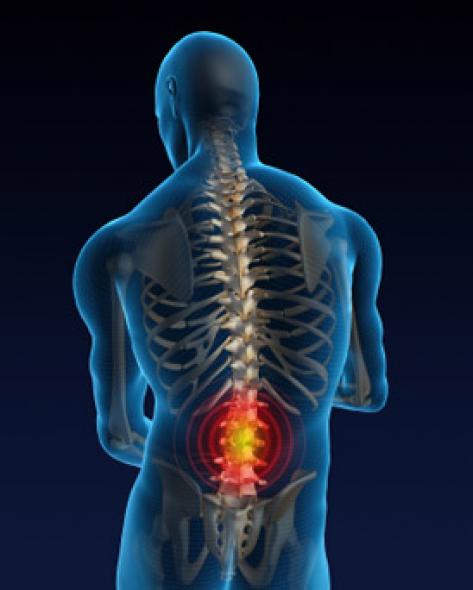


Back Pain Symptoms
The origin of this pain can differ greatly. Regardless, the signs and symptoms of back pain can help to guide you in determining their cause.
Table of Contents
Signs and Symptoms of Back Pain
When it comes to back pain, there are a few signs and symptoms that you should watch for:
- Persistent stiffness and aching along and surrounding the spine
- Sharp neck pain
- Localized, sharp pain in the upper or lower back
- Pain that increases after strenuous activity
- Pain that increases after lifting heavy objects
- Chronic aching in the lower or middle of the back
- Pain that occurs after standing or sitting for long periods of time
- Radiating pain that moves from the low back to the buttocks
- Muscle spasms or pain in the lower back when standing
Serious Back Pain Signs and Symptoms
In some cases, back pain is caused by a more serious condition that may or may not require immediate medical assistance. Symptoms may be experienced in addition to those listed above. If you notice these symptoms, you should immediately consult a doctor. Some of these symptoms include:
- Unexplained weight loss
- Swelling near or around the back
- High fever
- Constant pain near or around the back
- Pain in the chest
- Pain down the legs, extending below the knees
- Loss of bladder control
- Pain caused by a severe injury to the back
- Inability to urinate
- Pain that worsens during the night
- Numbness around the anus, buttocks, and genitals
Pain in the back, the shoulders, and the neck can be diagnosed as back pain. However, there are some disorders that can be misdiagnosed due to their widespread symptoms or similarity to back pain.
- Sciatica: Pressure on the sciatic nerve, often due to tight musculature in the buttocks, that can cause pain in the lower back. This pain may move down the buttocks and into the legs.
- Slipped disc: This condition may result in lower back soreness and weakness, loss of bladder control, or tight muscles.
- Ankylosing spondylitis: This can cause back pain, swollen tendons and joints, tiredness, and buttock pain.
- Arthritis: Arthritis of the joints between the vertebrae can cause back pain, especially when walking. It can also result in morning stiffness.
- Frozen shoulder: This often leads to shoulder pain and stiffness.
- Whiplash: This condition may result in headaches, lower back pain, neck pain, and stiffness.
When to Call the Doctor
If you are feeling weakness, numbness, or severe tingling in the arms, the legs, or groin, you may be suffering from more severe nerve damage.
In addition, if you are feeling a pain that extends from the back and down the legs, this may be a sign of sciatica.
If your back pain increases when you bend forward at the waist or when you cough, you may have a herniated disc.
If you have a fever or experience a burning sensation while urinating, you may be suffering from an infection.
Additionally, it may be important to consult your doctor if you experience:
- Unexplained weight loss
- History of cancer
- History of trauma
- Weakened immune system due to medication or steroids
- Increased back pain during the night
- Chronic pain
- Pain that cannot be relieved
- Unresponsiveness to therapies that have worked in the past
- Pain that lasts more than 30 days
- History of drug use
Back pain is a common occurrence that can cause mild to severe discomfort. Though this type of pain is common, it’s important to understand the signs and symptoms that could point to serious injury or disorders. Be sure to consult your doctor with any of these concerns to avoid additional injury and to get the pain and relief you deserve.




